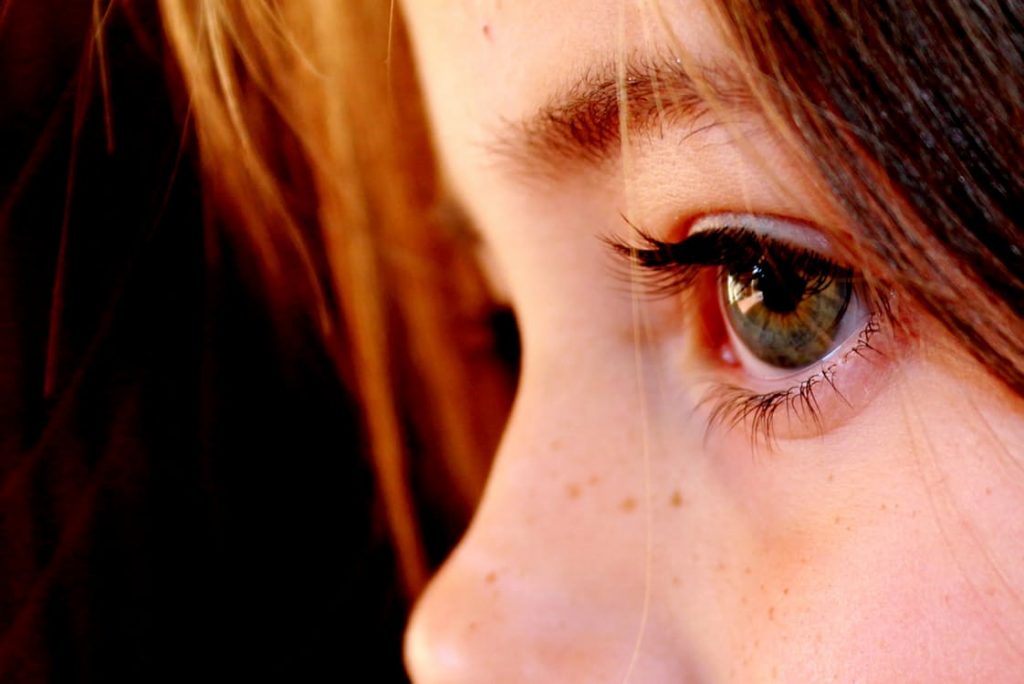The Child Psychology of Abuse and Repressed Memories
We often hear of stories about repressed memories of childhood abuse in the media. Some claim that recovering these memories is false and impossible, while others stress that these are backed by child psychology and science. So what is the real deal?
Can Trauma be Forgotten in Child Psychology?
We forget the names of people, birthdays, where we put our keys and glasses, and other details all the time. But can people actually forget entire events, particularly – negative experiences, altogether? Such cases include memories of being beaten, abused, and raped.
The answer is simply YES.
However, memory repression can occur only under certain circumstances. Child psychology experts, doctors, and scientists have observed and reported that there is a connection between trauma and forgetting. Still, it is only in the recent decade that there have been actual scientific experiments and studies that demonstrated this very connection.
Experts in child psychology argue that the memories formed from infancy to the age of 2 or 3 are very unlikely to be recovered. The research tells us that a lot of grownups who do remember being sexually abused when they were younger go through a period when they did NOT remember the abuse.
There are also studies that focused on victims at the very time when the traumatic event occurred. The scientists then measured the likelihood that these victims will forget the event when they become adults. It is discovered that some forget childhood traumatic experiences, even if it has already been established as a fact that the traumatic experience has indeed occurred.
The Child Psychology behind Remembering Past Traumatic Experiences
Many people ask why it takes such a long time for a person to recover these jarring memories. According to experts in child psychology, during the immediate time period (when the experience happened), the person’s mind is filled with several feelings, emotions, sights, smells, sounds, and even senses of taste and touch – all related to the trauma. Later on, when the person experiences similar sensations as these, it is possible that the particular traumatic memory may be triggered.
Any number of seemingly mundane and regular activities can trigger the recall. A person might be reading or hearing about another person’s traumatic experience, watching the news or a movie, going through a similar problem in the present time, or simply sharing a conversation with someone else – all of these are possible reasons for triggering the recall.
Most get these triggers out in their daily lives. However, a number of people experience their first memory “recovery” during therapy.
More Resources about the Child Psychology behind Childhood Abuse, Trauma, and Repression
To find out more about childhood trauma and abuse, head over to the International Society for Traumatic Stress Studies website.
If you feel like you know someone here in Canada – a loved one, a relative, a friend, your child, or yourself – who is showing signs of repressed traumatic memories, don’t be afraid to seek help. By consulting a licensed therapist, you can help make the discovery of these negative memories a lot easier and less painful.
Here at Positive Kids, we are trained and skilled to guide families and individuals with any emotional and mental struggles that may come from their past or present.

